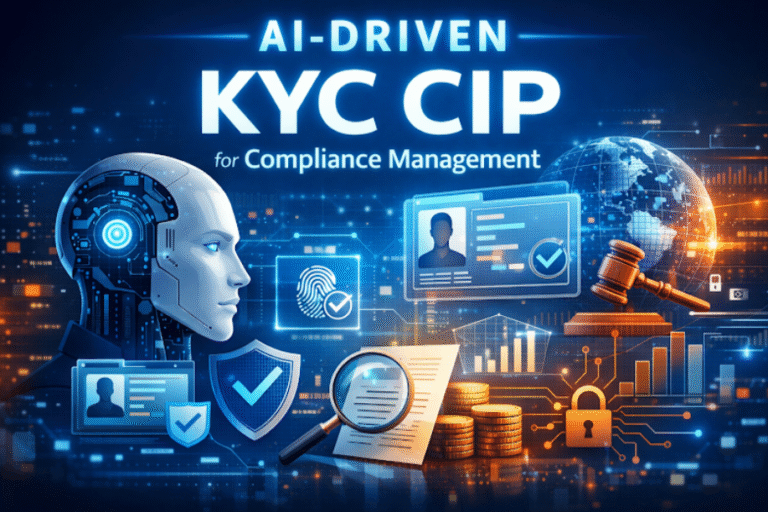The ethics of artificial intelligence presents a complex landscape where innovation and responsibility must coexist. As AI technologies advance, the potential for algorithmic bias and lack of transparency raises significant concerns. Establishing robust ethical frameworks is essential to navigate these challenges. Engaging diverse perspectives can foster trust among stakeholders. However, the question remains: how can developers effectively implement these frameworks to ensure that AI serves the greater good without stifling progress?
The Importance of Ethical Frameworks in AI Development
As artificial intelligence continues to evolve and permeate various sectors, the establishment of ethical frameworks in its development becomes increasingly critical.
These frameworks must address ethical considerations that guide AI applications, ensuring alignment with societal values.
Furthermore, transparency standards are essential to foster trust and accountability, enabling stakeholders to understand AI processes and decisions while safeguarding individual freedoms and promoting responsible innovation.
See also: Understanding the Basics of Quantum Computing
Potential Risks and Challenges Associated With AI
While the advancements in artificial intelligence offer significant benefits, they also pose substantial risks and challenges that warrant careful consideration.
Key concerns include the potential for algorithmic bias and the necessity for effective bias mitigation strategies.
Additionally, the establishment of accountability mechanisms is crucial to ensure responsible AI deployment, as failure to address these issues could lead to unintended consequences affecting individuals and society at large.
Strategies for Promoting Responsible AI Practices
To foster responsible AI practices, it is essential to implement a multi-faceted approach that encompasses ethical guidelines, regulatory frameworks, and stakeholder collaboration.
Transparency initiatives play a crucial role in building trust, while active stakeholder engagement ensures diverse perspectives are considered.
Conclusion
In the landscape of technological advancement, ethical frameworks serve as the compass guiding the ship of AI development through turbulent waters. Without this moral navigation, the vessel risks being swayed by the currents of bias and opacity, jeopardizing the trust of its passengers—society at large. Embracing responsibility alongside innovation ensures that the journey not only reaches its destination but does so in a manner that uplifts and protects all those aboard, fostering a harmonious coexistence between humanity and technology.




